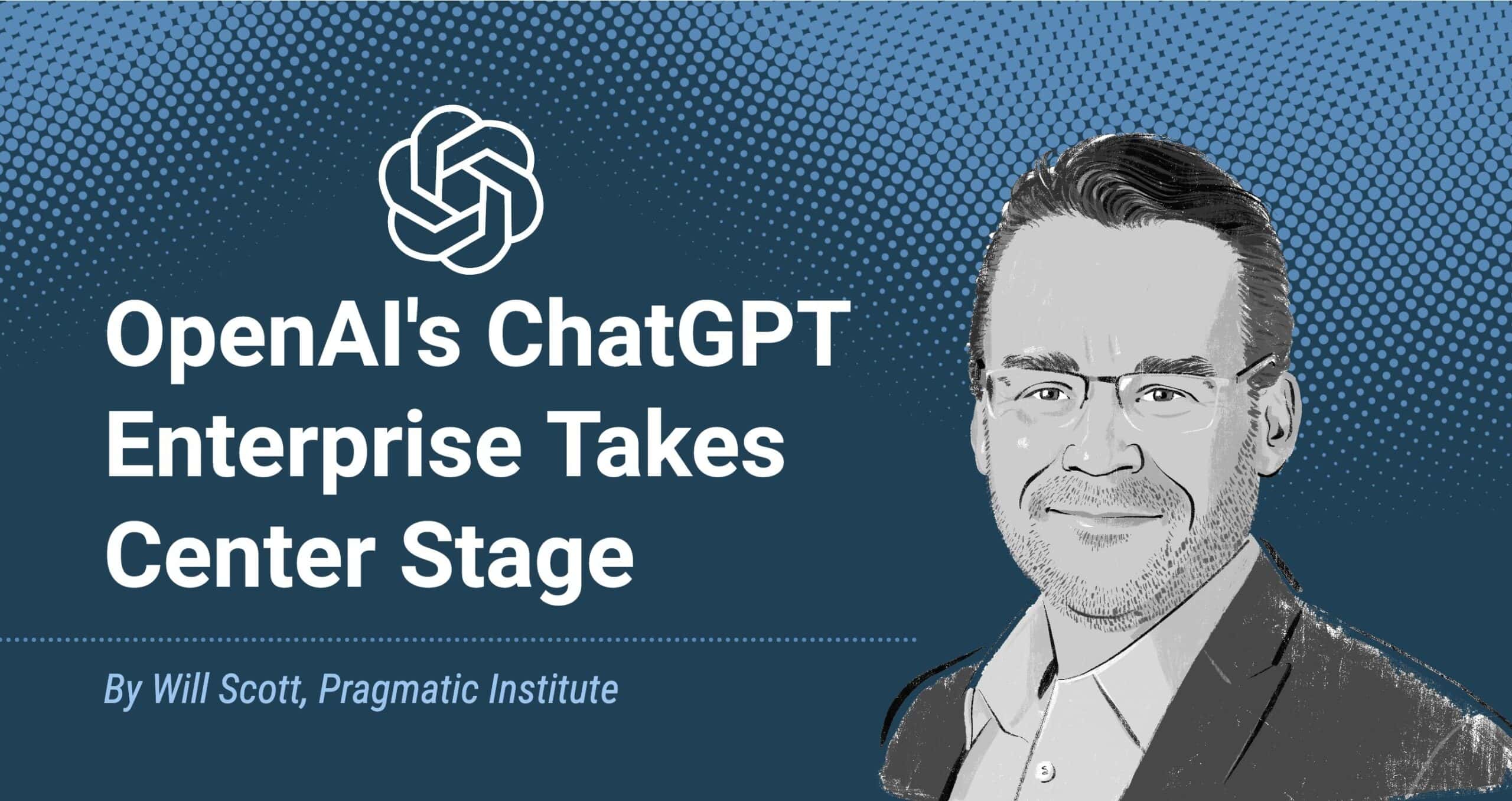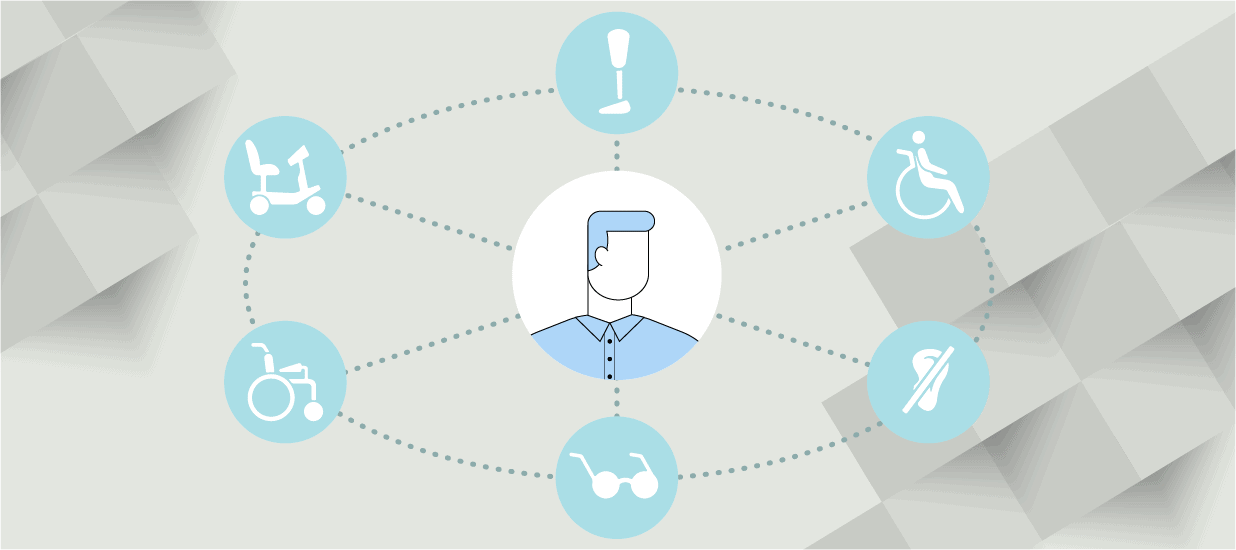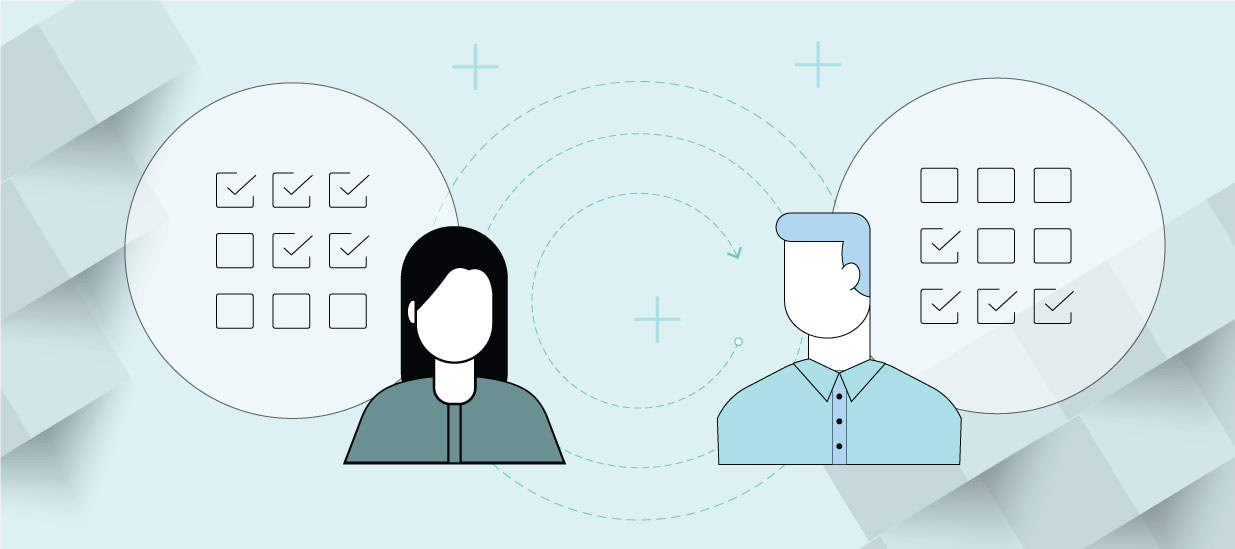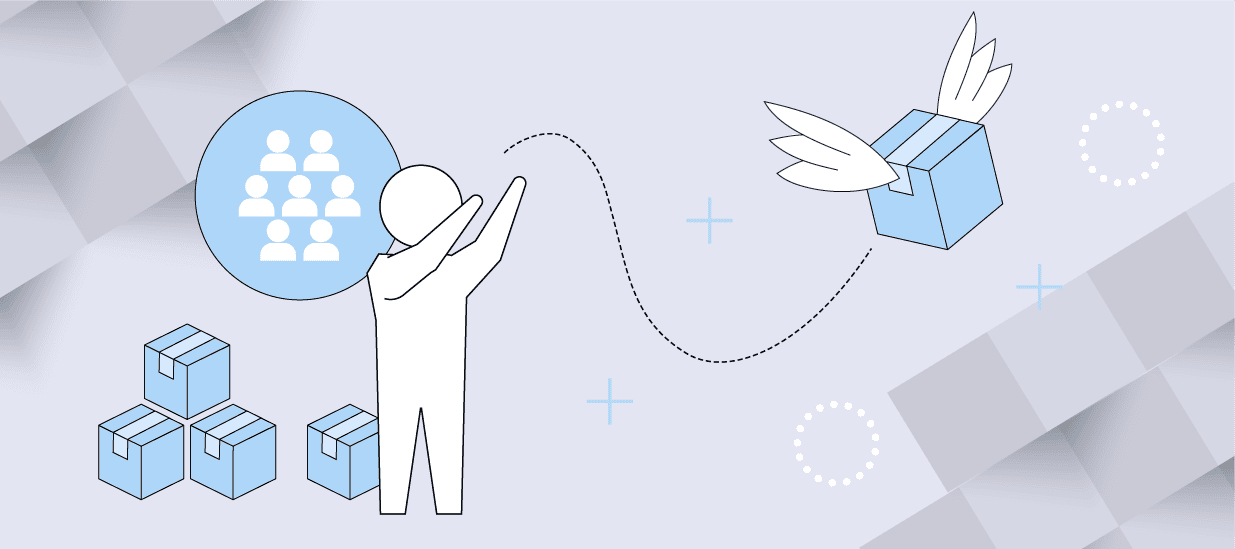Just last week, I was co-leading our first AI for Product Professionals workshop, and many attendees had common reservations about generative AI. Much of the concern centered on protecting proprietary information, and it’s a valid concern. But if there’s anything we’ve learned about AI in 2023, it’s changing faster than we can write company policies or best practices. Many of our concerns are resolved before we can even schedule the first business meeting to discuss them.
That’s basically what happened this week. OpenAI just released ChatGPT Enterprise, a business-oriented upgrade of its popular AI chatbot—make no mistake, this is a big deal.
This new edition strengthens OpenAI’s standing in the competitive AI field. Tailored for corporate applications, ChatGPT Enterprise is setting new benchmarks in AI-driven business solutions.
In this article, I will share with you exactly why I think this latest release is a game-changer for so many organizations.
A New Era for ChatGPT
ChatGPT Enterprise is not just a replica of its consumer counterpart. While it retains core functionalities like conversational AI, content generation, coding assistance, and data analysis, it introduces a suite of “enterprise-grade” features.
These enhancements address many concerns we at Pragmatic Institute have seen when talking to and teaching product managers using generative AI tools. The enhancements encompass advanced privacy measures, data analysis capabilities, performance optimization and customization options.
OpenAI envisions this product as more than just a tool; it’s an AI assistant tailored for the workplace. As the company shared in a recent blog post, “Today marks another step towards an AI assistant for work that helps with any task, protects your company data, and is customized for your organization.”
Empowering Businesses with Advanced Tools
One of the standout features of ChatGPT Enterprise is its administrative console. This platform empowers businesses to oversee how their employees utilize ChatGPT, offering integrations for single sign-on, domain verification and a comprehensive dashboard that provides usage statistics.
We’re particularly excited about the shareable conversation templates. It allows employees to craft internal workflows that leverage ChatGPT’s capabilities, fostering efficiency and innovation. For businesses seeking a more tailored experience, OpenAI offers credits enabling bespoke ChatGPT-driven solutions.
Revolutionizing Data Analysis
ChatGPT Enterprise’s Advanced Data Analysis feature is a testament to OpenAI’s commitment to pushing the boundaries of AI. This tool, also known as the Code Interpreter, can sift through vast amounts of data, generate charts, solve mathematical problems, and more. Its ability to derive insights from diverse datasets, be it financial records or health metrics, is truly groundbreaking
Interestingly, this feature was previously exclusive to ChatGPT Plus subscribers, the premium tier of the consumer app. However, with the launch of ChatGPT Enterprise, OpenAI aims to offer businesses an unparalleled AI experience, complementing the consumer version.
Technical Mastery with GPT-4
At the heart of ChatGPT Enterprise is OpenAI’s flagship AI model, GPT-4. While both the consumer and enterprise versions are powered by this model, Enterprise customers enjoy priority access. This translates to a performance that’s doubly efficient and an expanded context window, ensuring the AI retains the context of conversations, making interactions smoother and more intuitive.
A Commitment to Privacy
In an era where data breaches and privacy concerns are rampant and, of note, one of the most significant barriers to adoption, OpenAI has taken steps to assuage businesses’ fears. The company has emphasized that it won’t utilize business data for model training. Moreover, all interactions with ChatGPT Enterprise are encrypted, ensuring data integrity in transit and at rest.
Challenges Remain
However, the path forward to wholesale use of generative AI technologies within the enterprise is not without challenges or at least some inhibitors.
Several ethical and legal concerns are still top of mind. One issue is that these AI systems are often trained on massive datasets scraped from the internet without permission, including copyrighted materials. Some websites started technically blocking scraping from AI companies in response. There are also concerns around copyright and intellectual property, as AI systems can generate content that appears to infringe on copyrights or lacks attribution.
Additionally, generative models can exhibit problems like hallucination, generating false or imaginary content, and drift, producing outputs misaligned with the original training data. More research is needed to understand and address these issues so enterprises can confidently access the benefits of advanced AI while mitigating the risks.
Looking Ahead
To me, it seems that OpenAI’s ambitions don’t stop here. The company has reported significant business interest, with ChatGPT being adopted by teams in a staggering 80% of Fortune 500 companies.
It’s clear to me that the introduction of ChatGPT Enterprise marks a pivotal moment in integrating AI into the business world, not just a passing curiosity or parlor trick. As OpenAI, Microsoft, and other players continue to innovate, the future of AI in business looks promising, transformative, and undeniably exciting.
AI for Product Professionals: A Comprehensive Workshop on ChatGPT and Prompt Engineering
If you want to learn more about applying generative AI to your product workflows, join me in one of our upcoming AI for Product Professionals workshops. We’re on the ground learning and adapting this course so you can walk away with the latest AI knowledge and skills. We also limit the number of attendees, so you’ll have the opportunity to interact with your product peers and get a truly hands-on experience.
Author
-

Will Scott, a distinguished B2B Product Management and Marketing Executive with 31 years of experience, has left an impactful legacy at Google, Cisco Systems, and Northwestern University. His extensive expertise spans renowned organizations, contributing significantly to the realms of product management and marketing. For questions or inquiries, please contact [email protected].
View all posts








